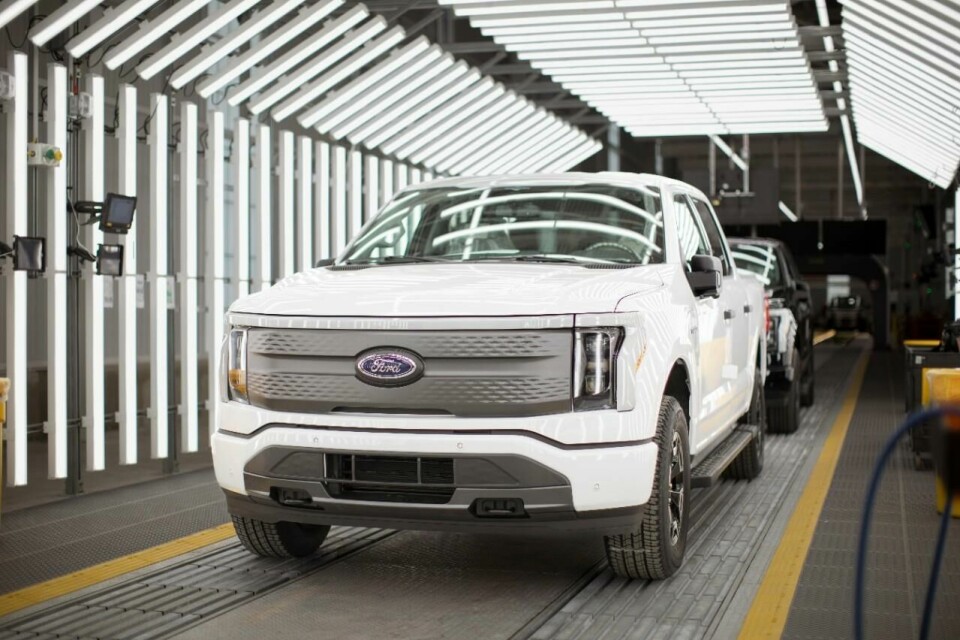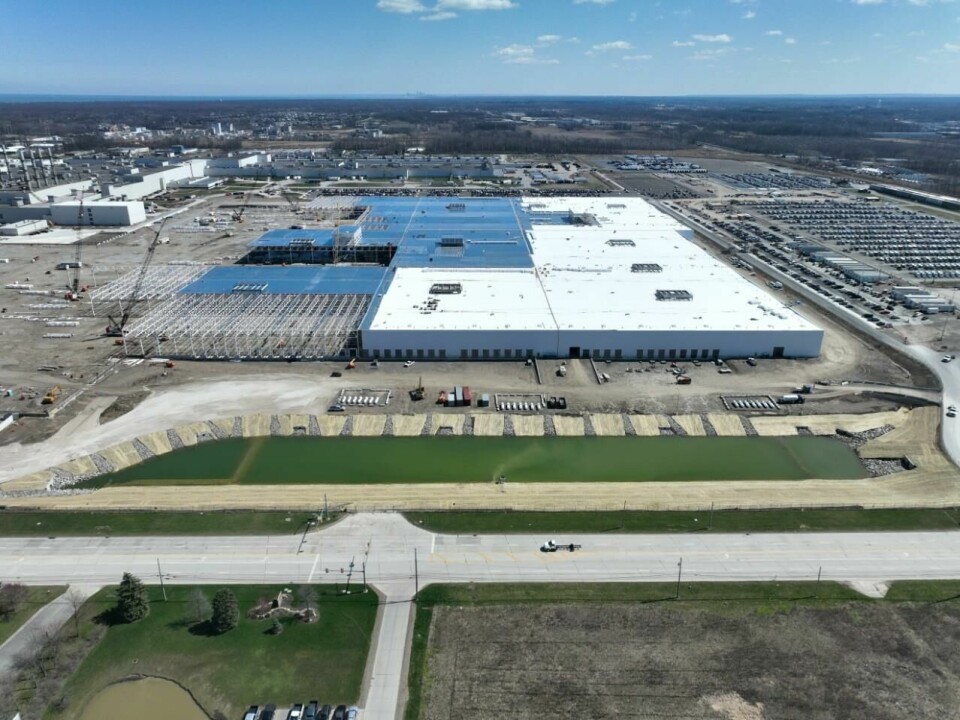Ford revises EV strategy and boosts hybrid production
Ford cancels planned three-row EV SUV, delays opening of Tennessee EV plant and realigns US battery cell production.

Reacting to slow uptake for battery electric vehicles (BEVs) and increasing cost competition from foreign EV imports, Ford is shifting its electrification strategy to focus on more profitable hybrid powered models and electric commercial vehicles.
The company plans to introduce an all-new commercial van that will begin production in 2026 at its Ohio assembly plant, closely followed in 2027 by two new pickup trucks – a medium-sized pickup based on the platform designed by Ford’s California skunkworks team and a next-generation truck to be assembled in Tennessee.
Ford says the Skunkworks team, set up in 2022, has focused on changing the company’s approach to next-generation vehicle development and the costs for electric vehicles. The team takes a systems-integration approach across design, engineering, supply chain and manufacturing to rethink the full vehicle.
The first vehicle to use this new platform will be the mid-sized electric pickup launching in 2027. Ford says the platform is designed with minimal complexity to scale quickly by underpinning multiple vehicle styles – for both retail and commercial customers.
Ford’s rebalancing of its EV production operations will see the cancelation of a planned three-row BEV SUV, and delays to the opening of its Blue Oval vehicle assembly plant in Tennessee. This includes pushing back the launch date for both the above-mentioned midsize pickup and the Project T3 next generation pickup truck. As a result of these changes the company is taking a $400m write-down of product-specific manufacturing assets for the previously planned BEV three-row SUV.
The company says that the retiming the start of production at the Tennessee plant will allow it to utilise lower-cost battery technology and take advantage of other cost reductions as the EV market continues to develop.

In line with this, battery production will also be reorganised. Ford says it will realign its US battery sourcing plan to reduce costs, maximise capacity utilisation, and support current and future electric vehicle production.
Ford president and CEO Jim Farley notes “If you are not competitive on battery cost, you are not competitive.”
This will see Ford and LG Energy Solutions targeting to move some Mustang Mach-E battery production from the facility in Wroclaw, Poland, to Michigan in 2025 to qualify for Inflation Reduction Act benefits. The company says Lithium iron phosphate (LFP) battery production is on track to begin at the BlueOval Battery Park Michigan in 2026.
Continuing with the US focussed battery production, coming online earlier than planned, the BlueOval SK joint venture’s Kentucky 1 plant will manufacture cells for the current E-Transit and F-150 Lightning beginning mid-2025, which the company claims will deliver significant cost improvements.
Cell production at BlueOval SK in Tennessee will start in late 2025 for the company’s new electric commercial van to be built at Ford’s Ohio Assembly Plant. Those same cells will be sourced to later power the project T3 electric truck to be assembled at BlueOval City and future electrified vehicles. Ford says this common cell strategy gives it sourcing flexibility for manufacturing across multiple segments and electrified platforms as the market continues to evolve.
“We’re committed to creating long-term value by building a competitive and profitable business,” said John Lawler, Ford vice chair and chief financial officer. “With pricing and margin compression, we’ve made the decision to adjust our product and technology roadmap and industrial footprint to meet our goal of reaching positive EBIT within the first 12 months of launch for all new models.”


